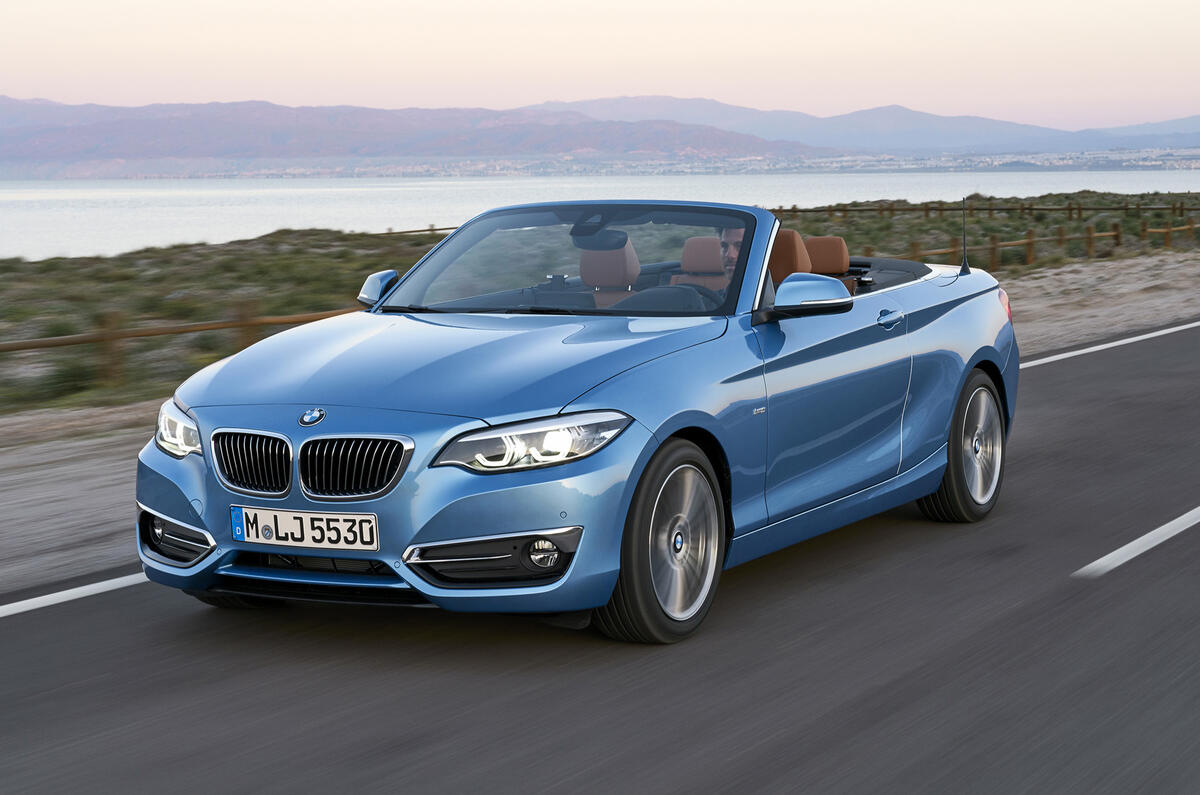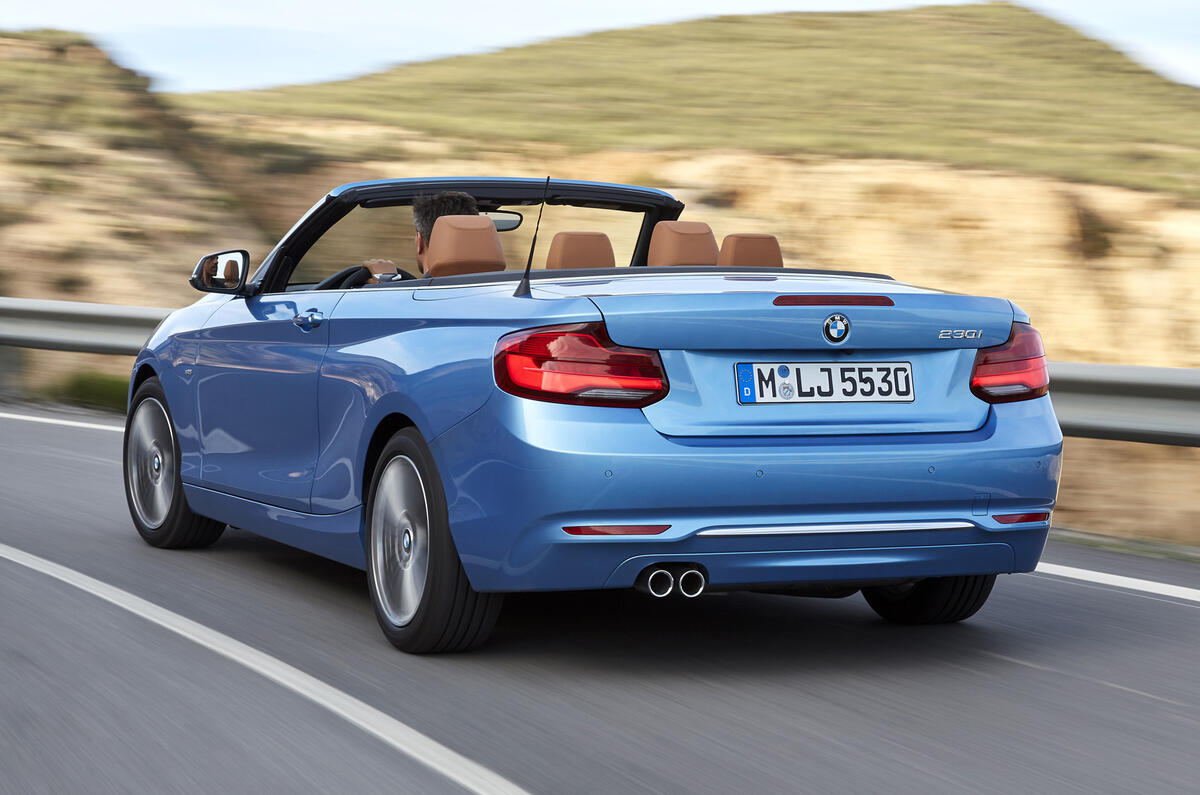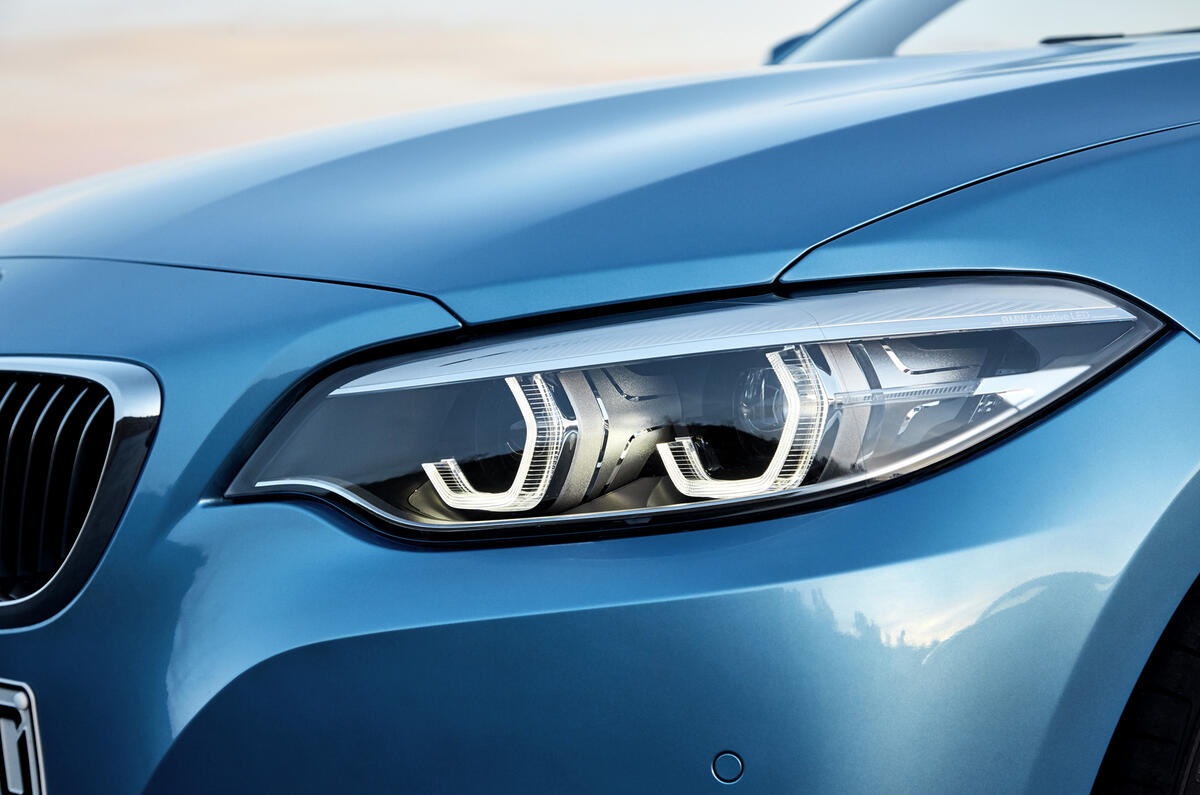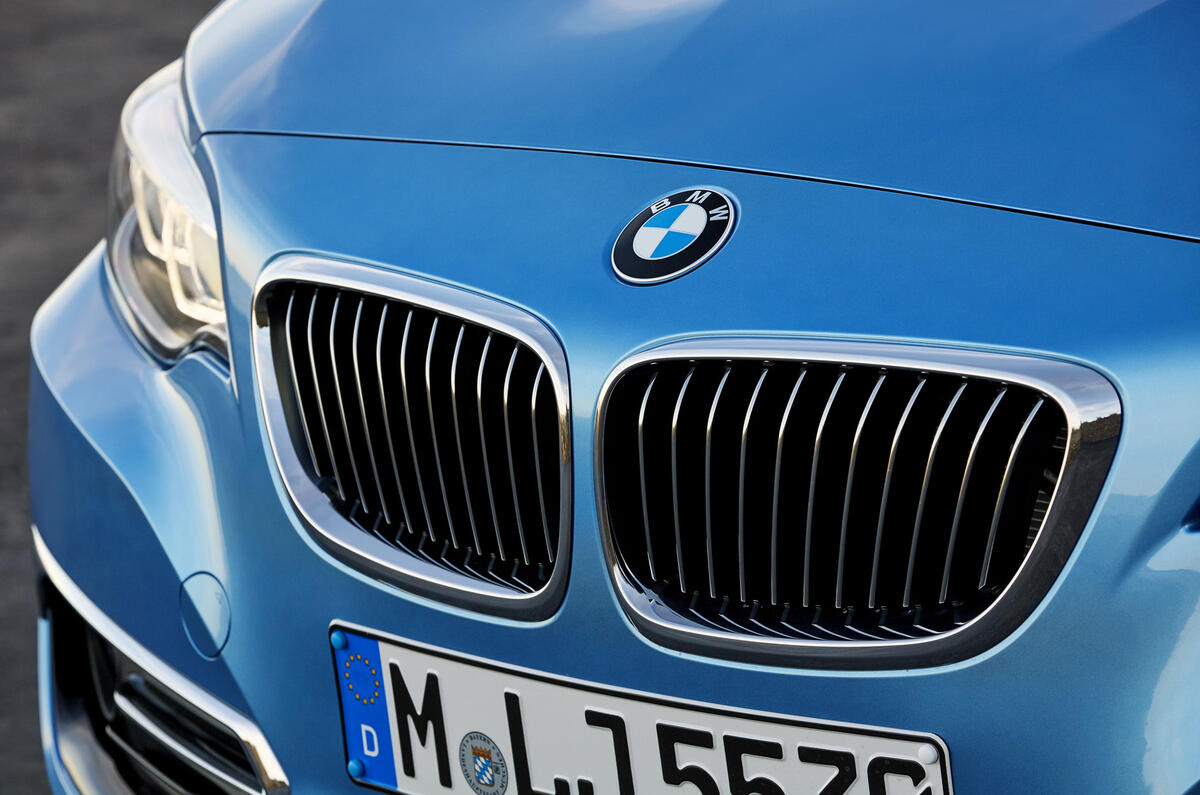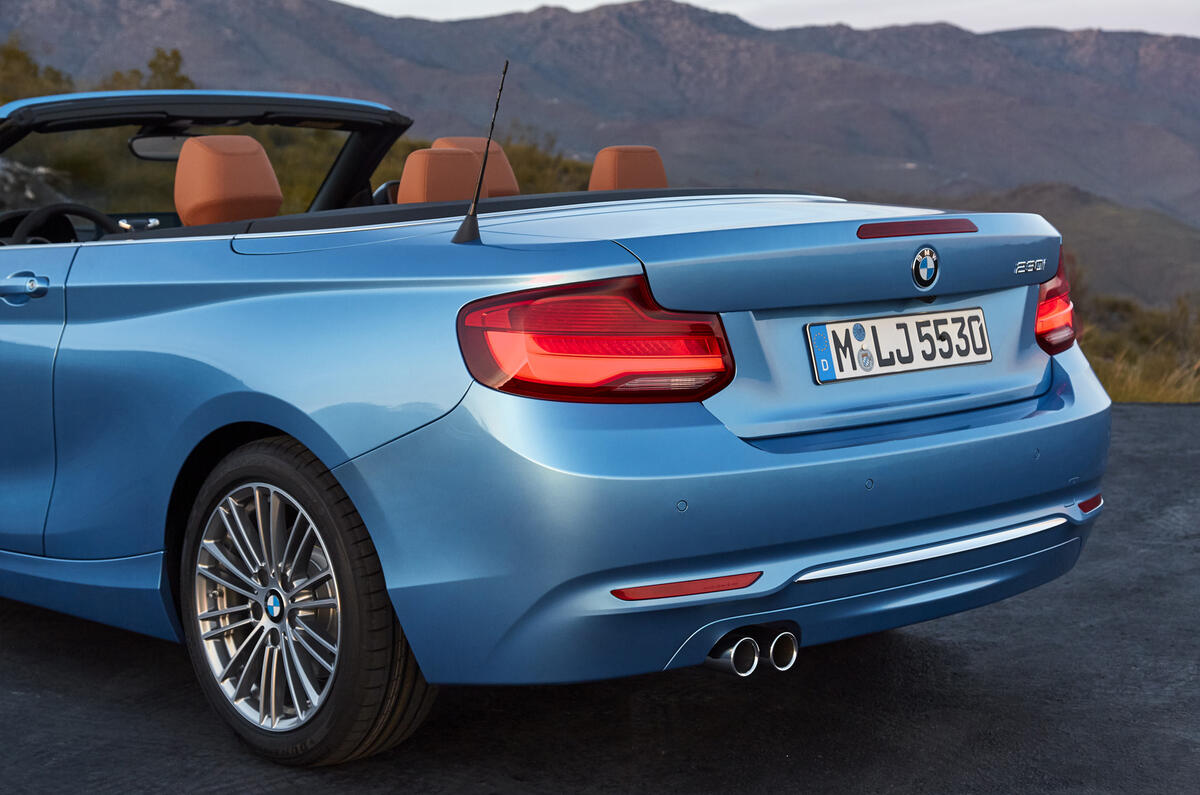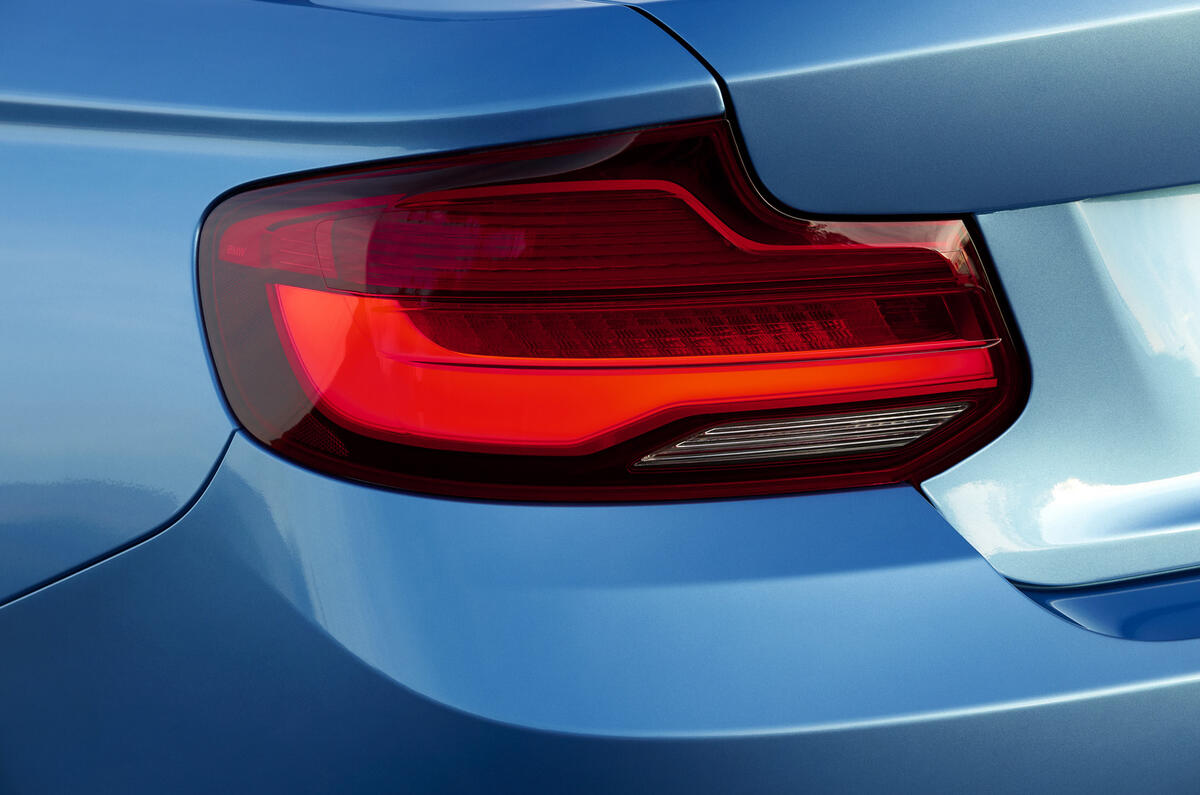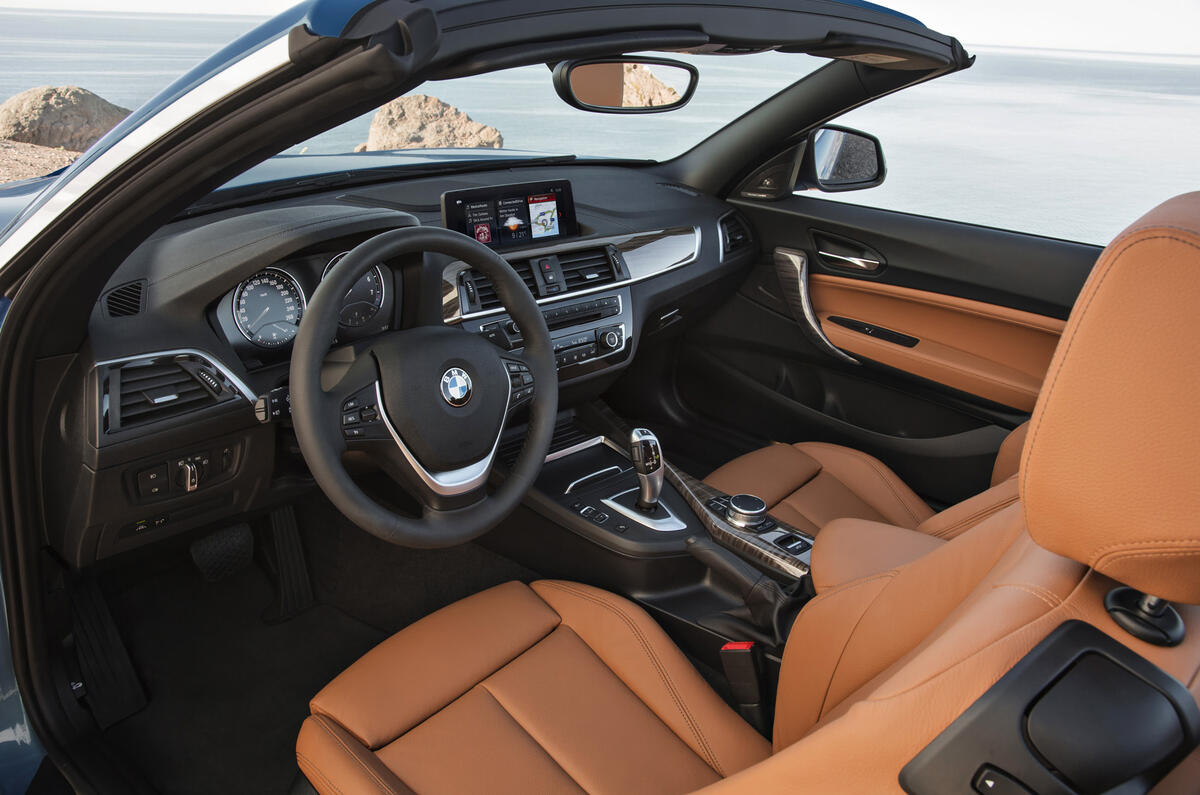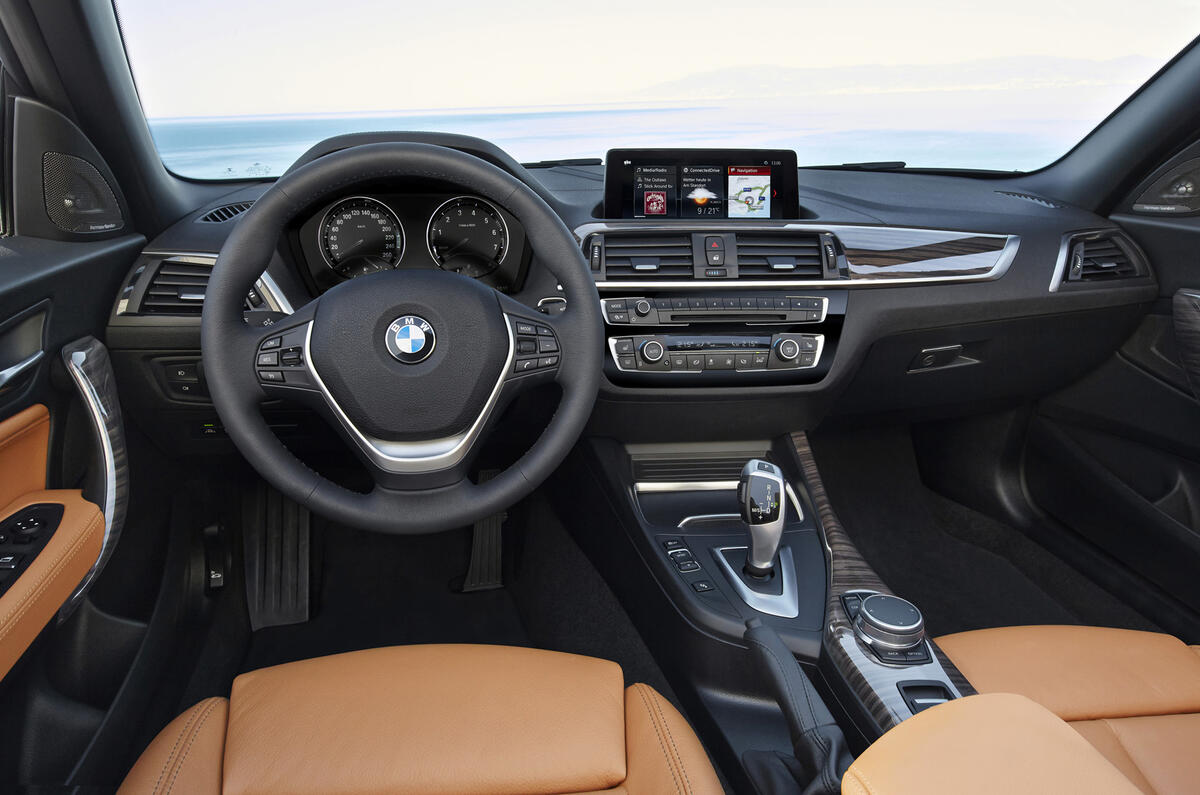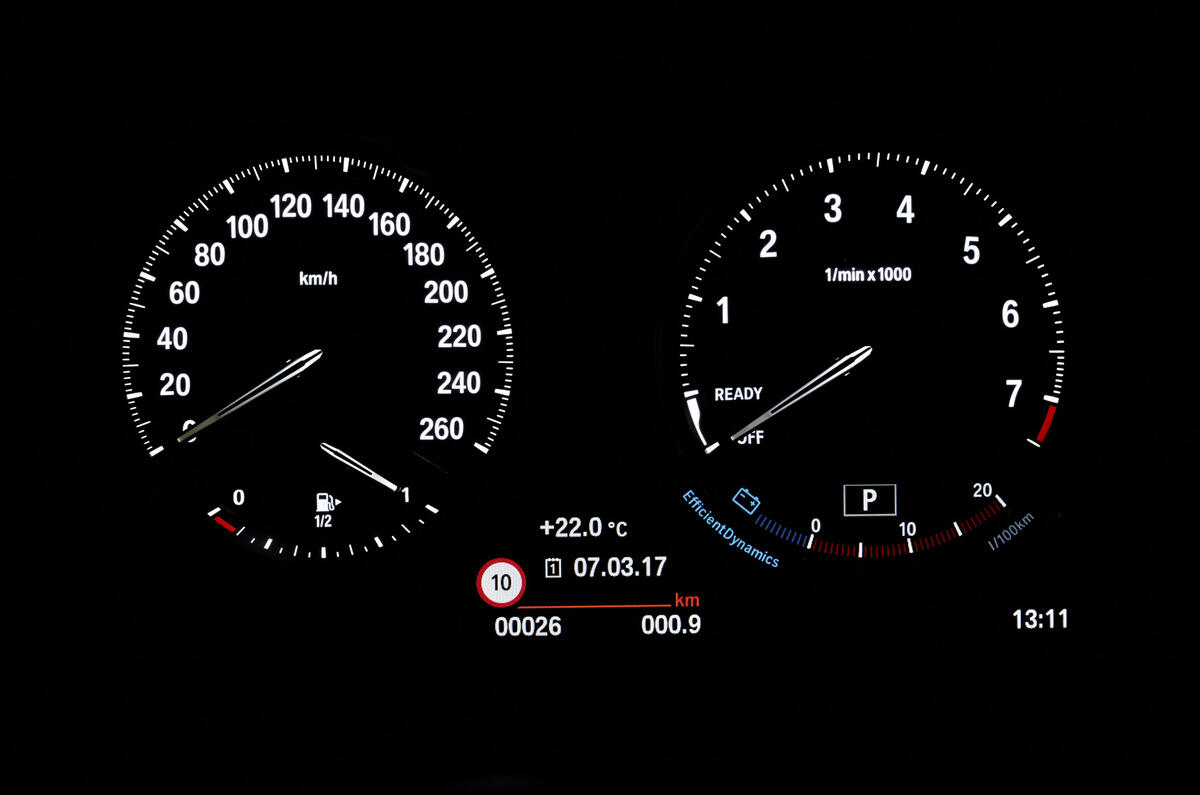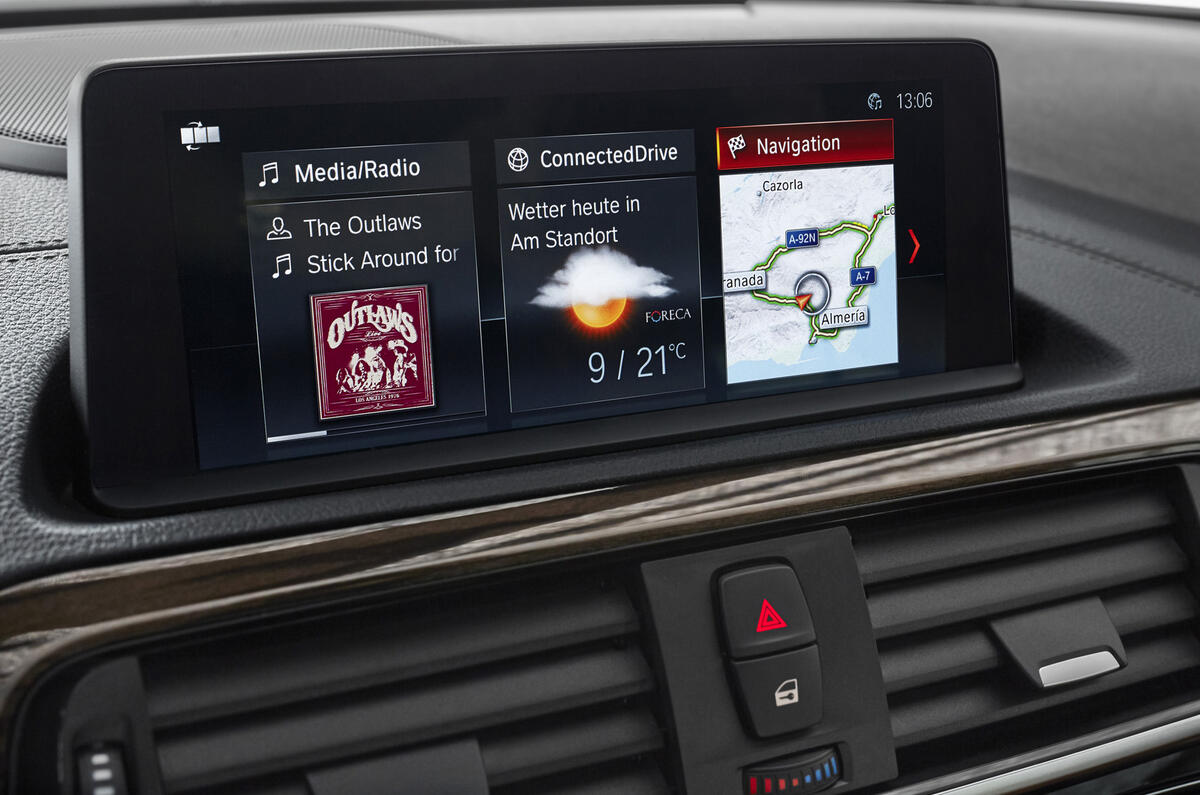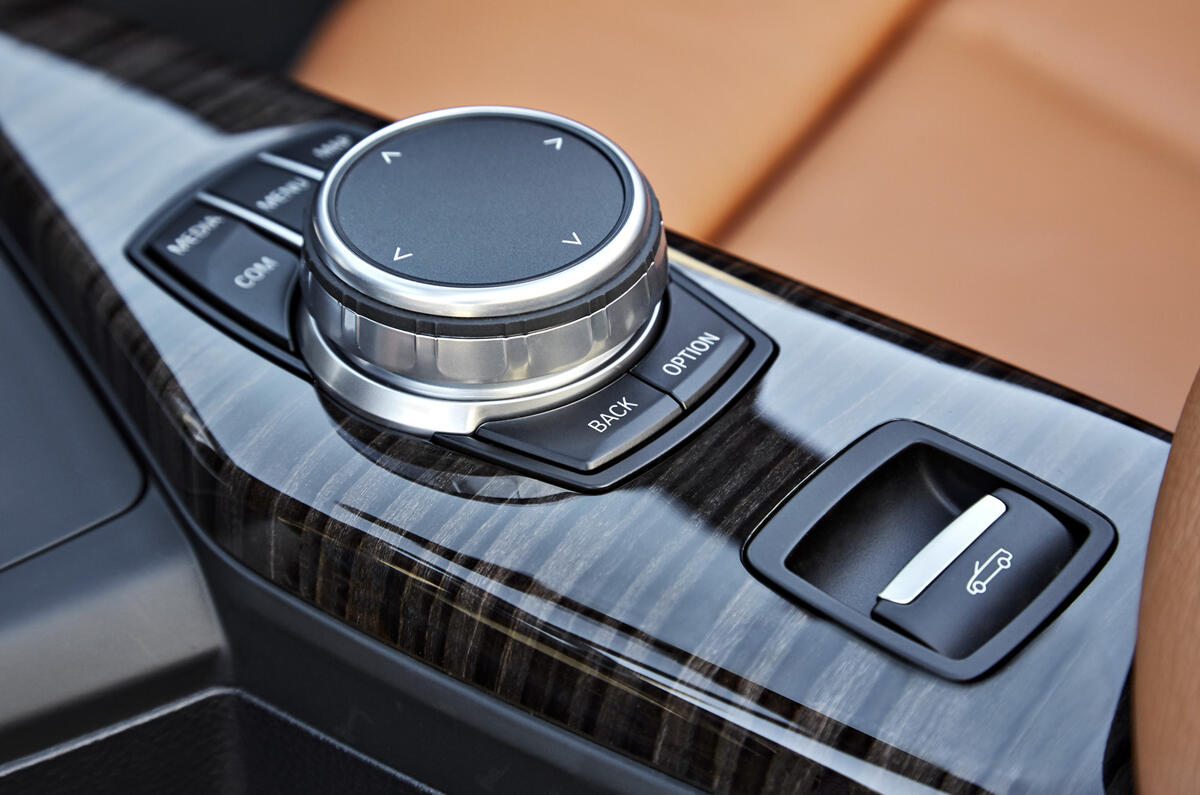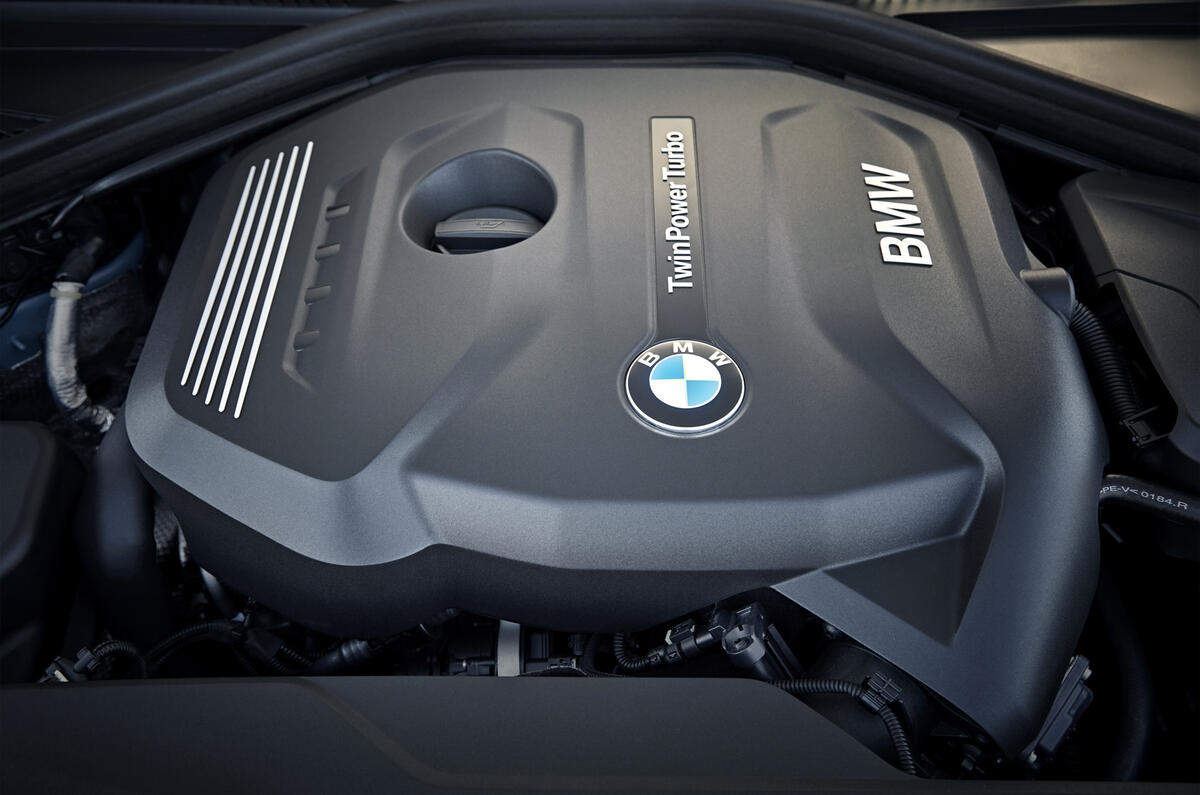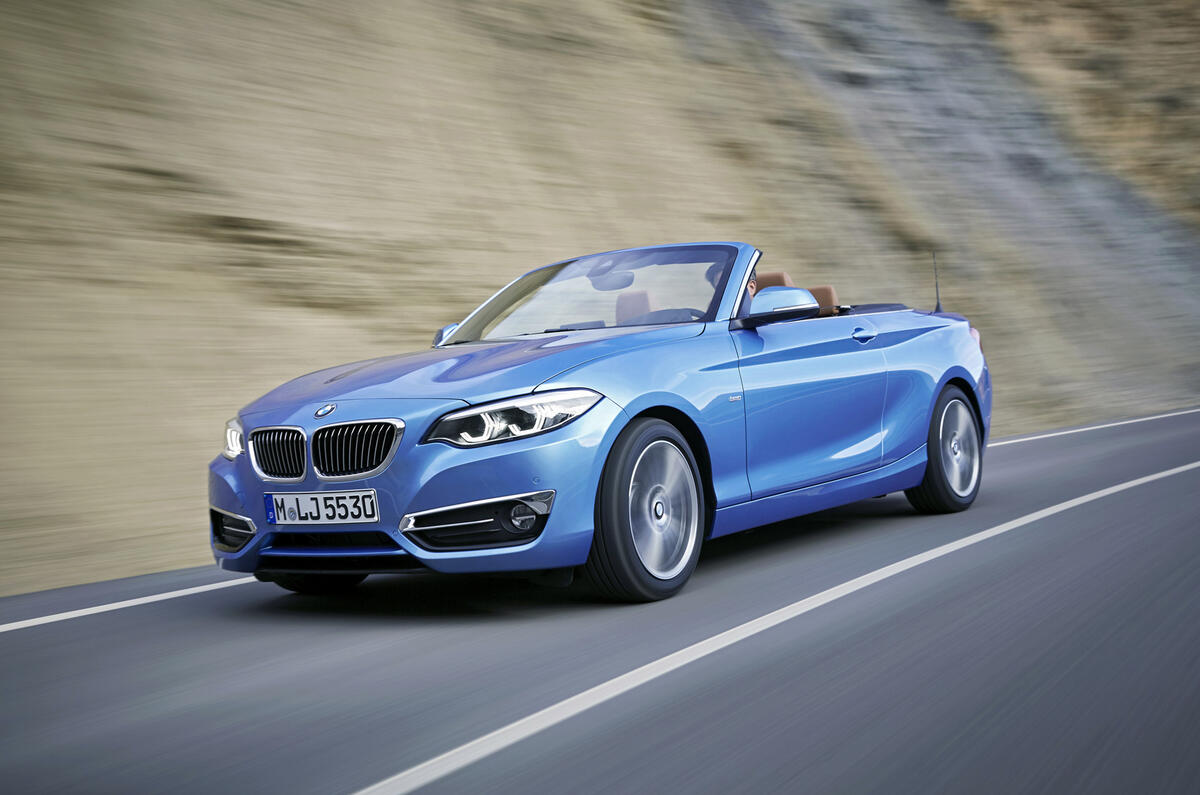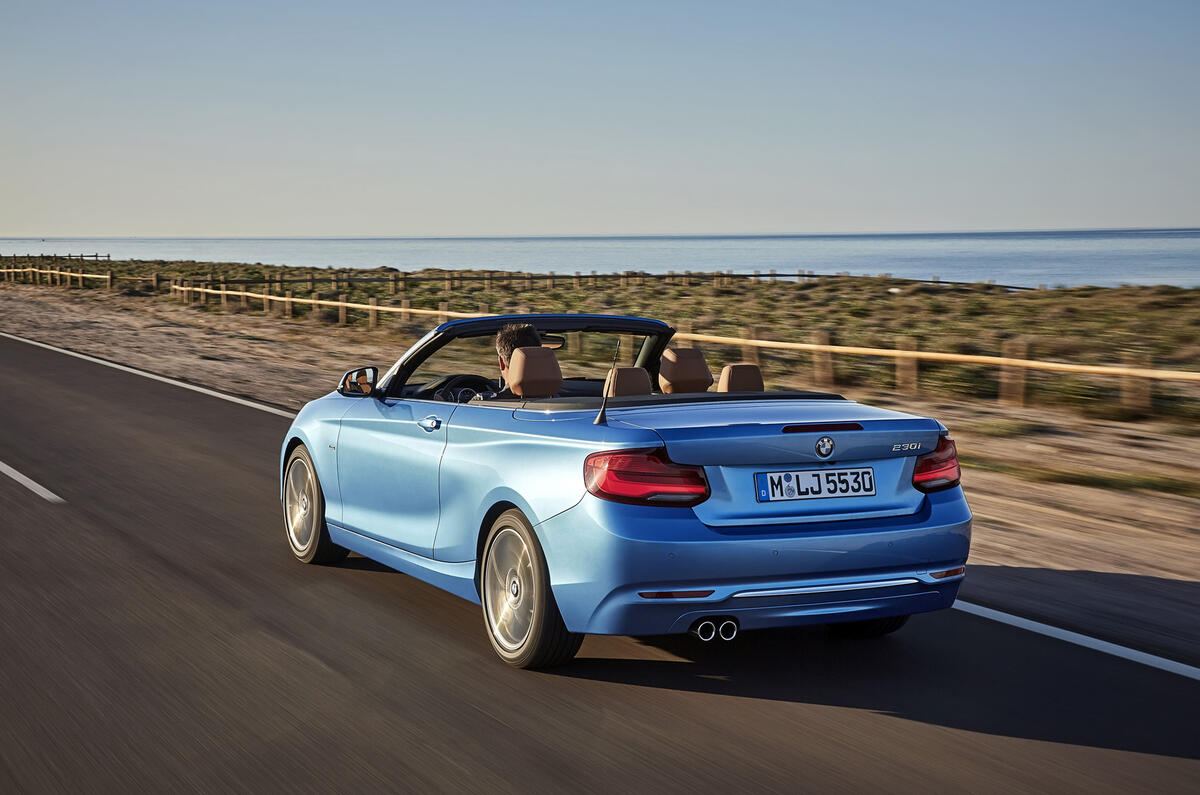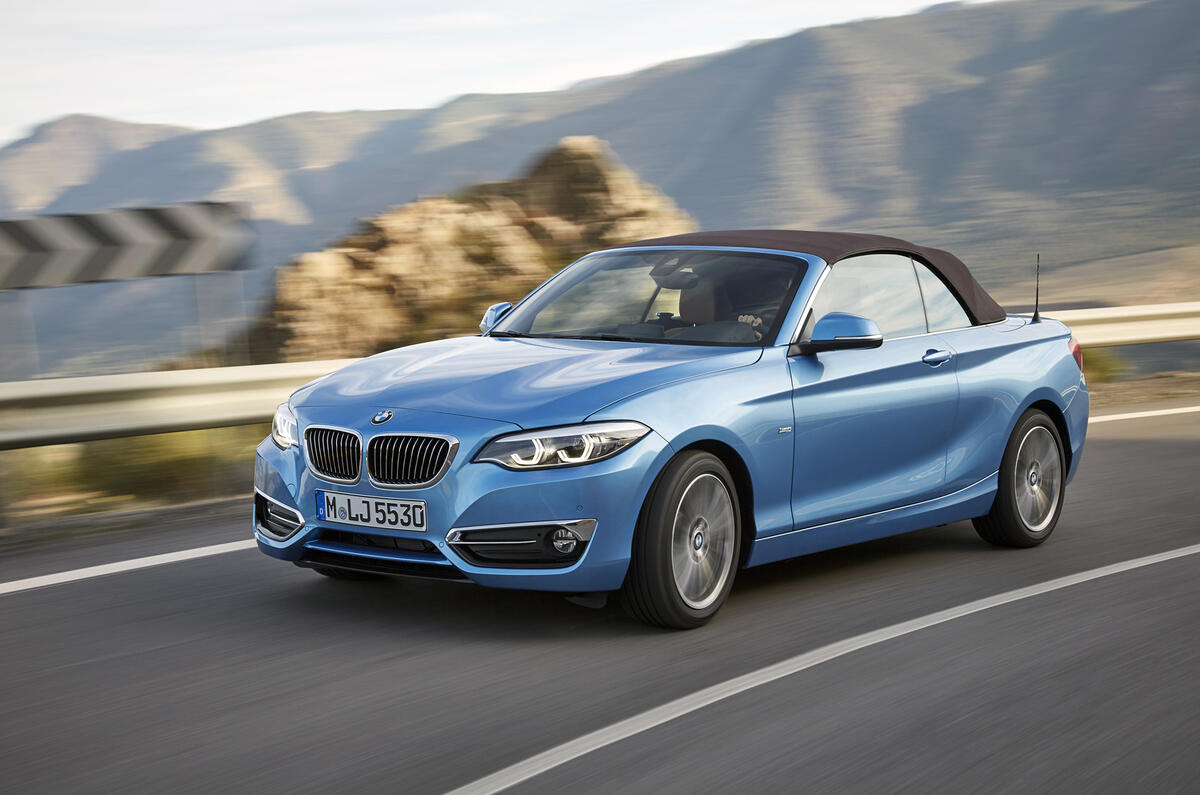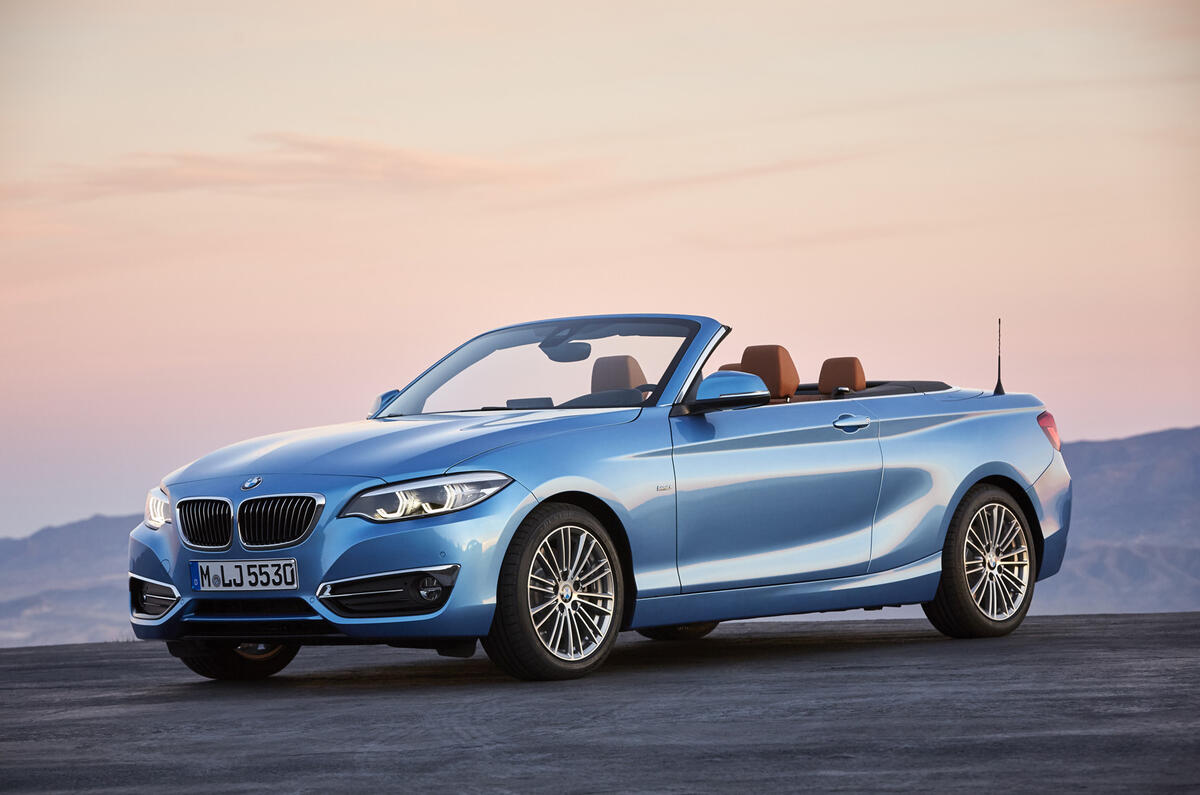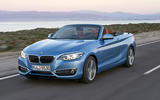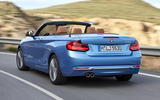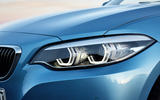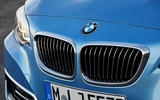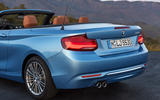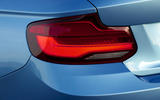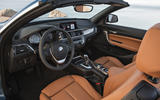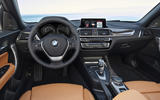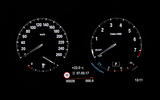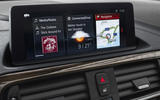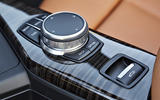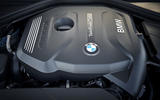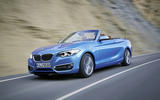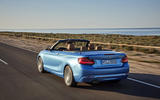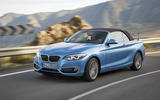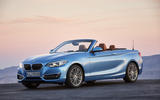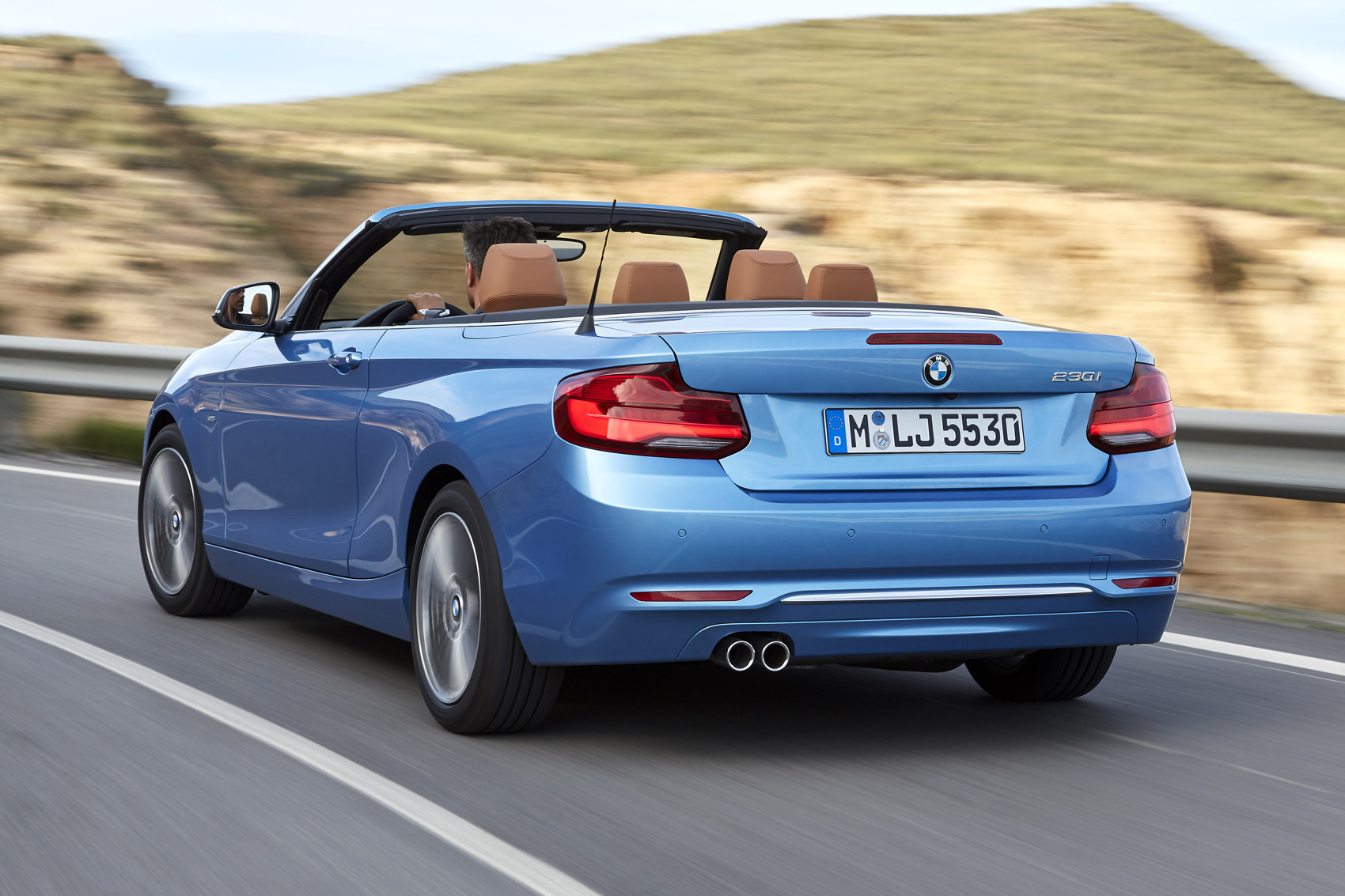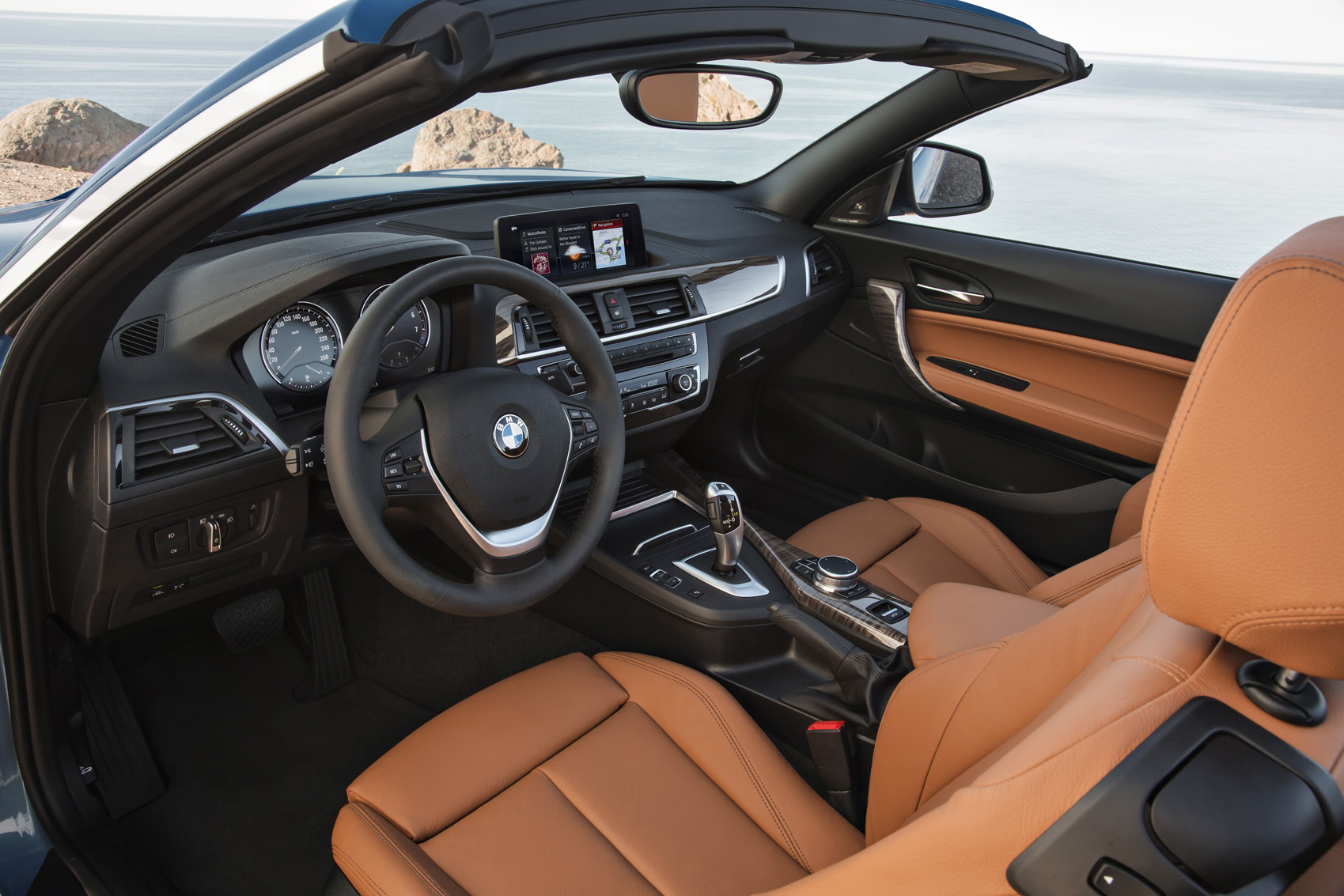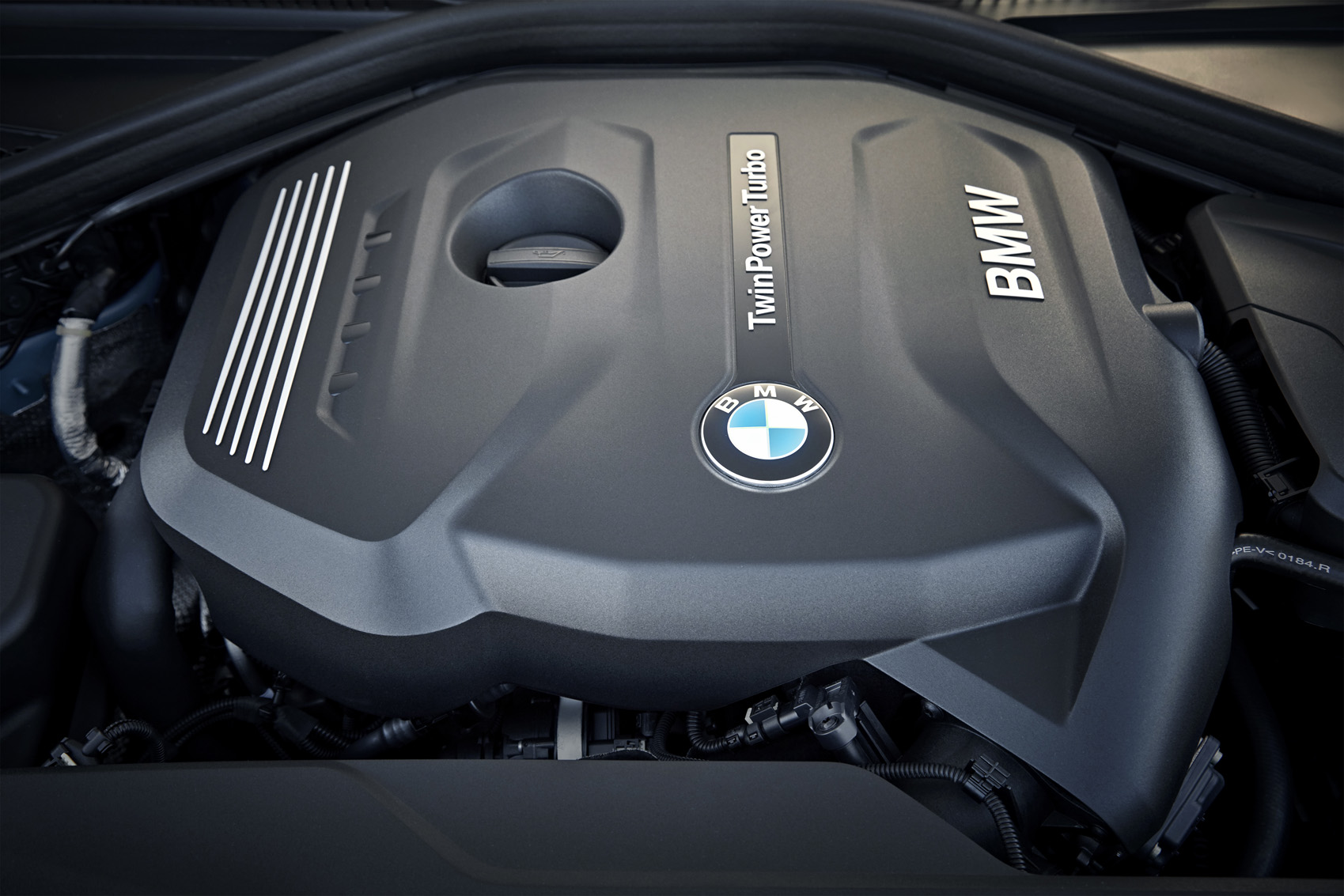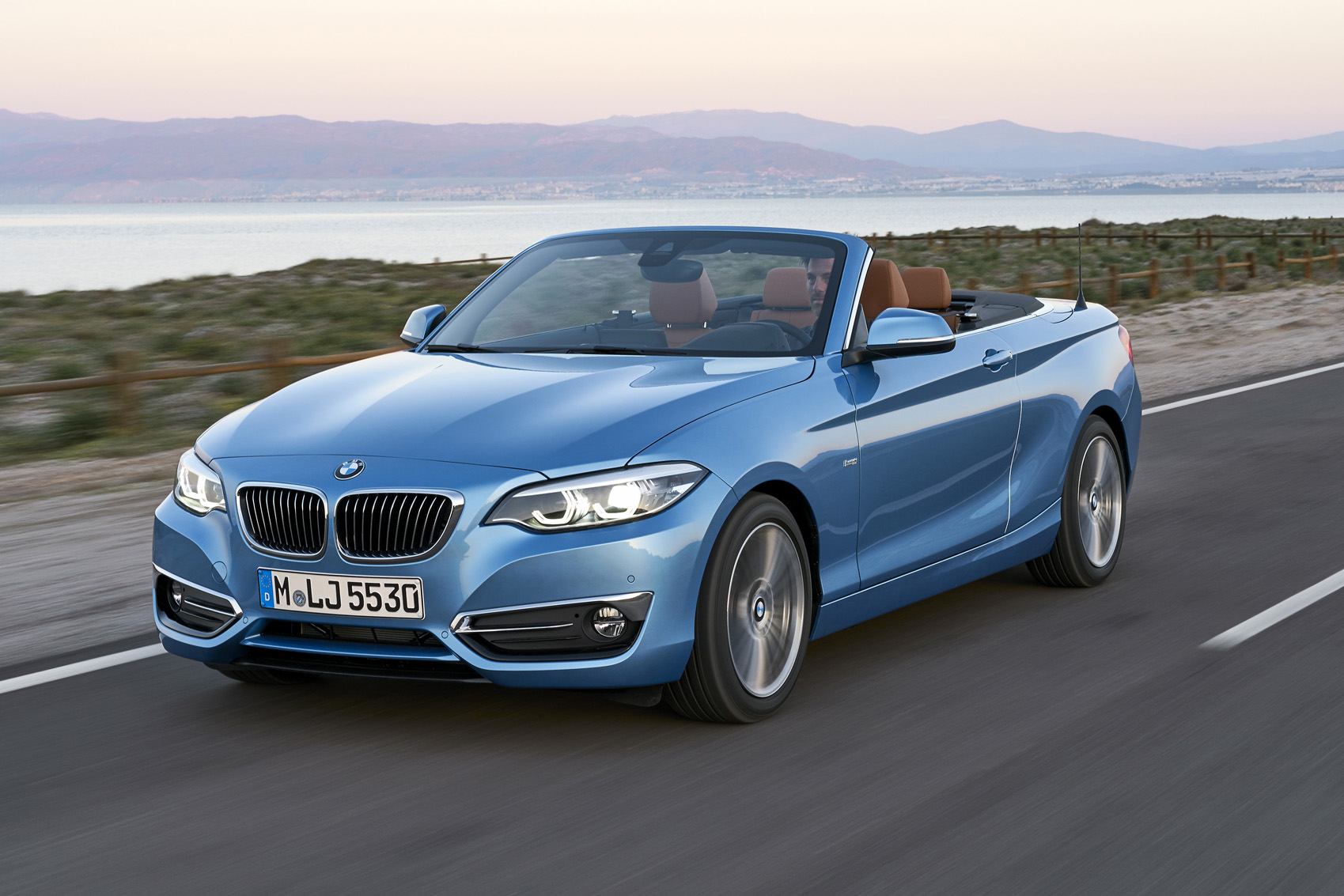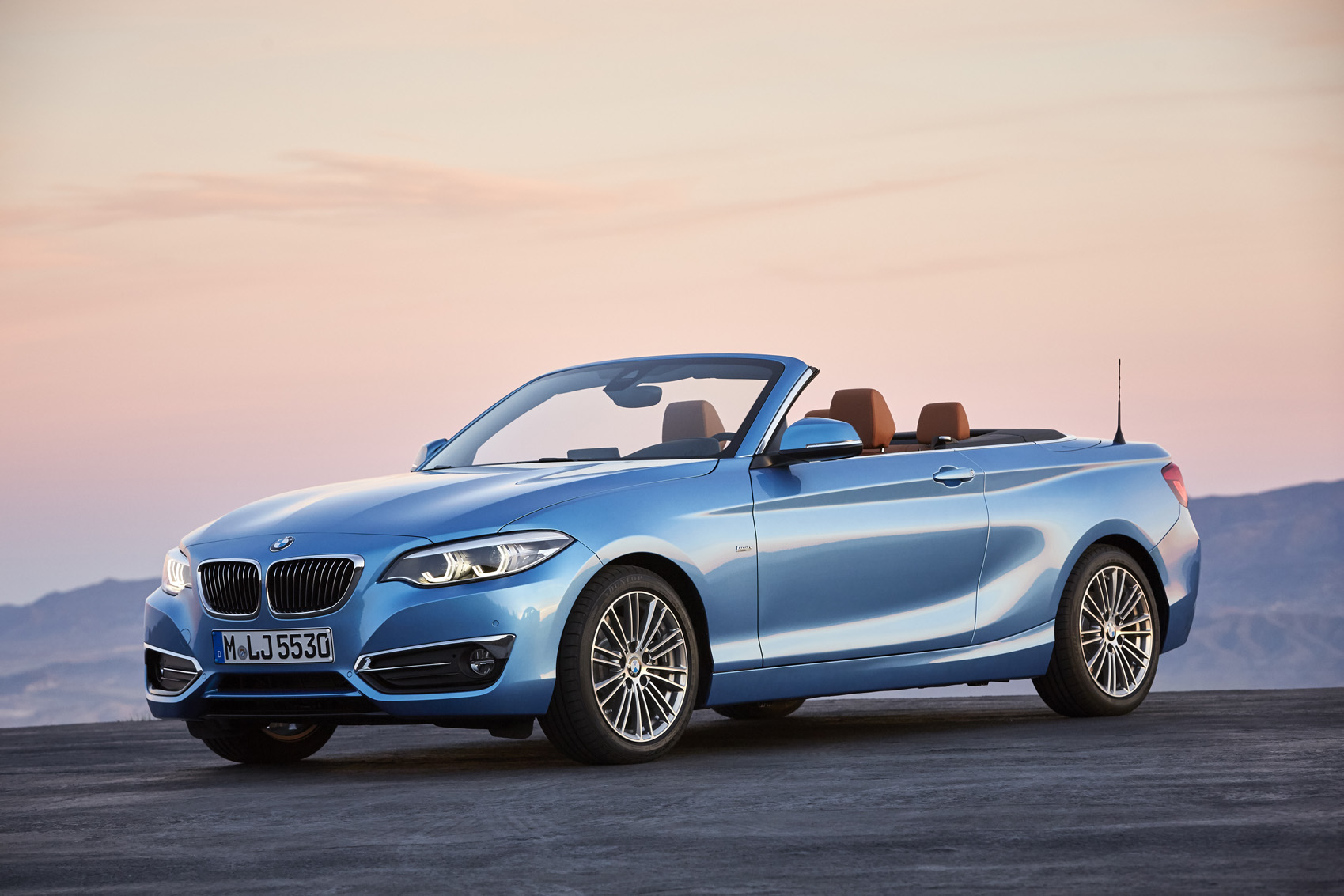First things first. An open-air run-in with BMW’s B47 2.0-litre turbodiesel – which now has found itself into the full BMW range – proves that it is a better-mannered engine than the one it replaces. Not by leagues, and certainly not by enough to make it the smoothest of its kind, but in several key ways.
Start-up is one of them. Those new balancer shafts evidently do a better job of cancelling first-order crankshaft vibrations than what went before, because this turbodiesel feels much better settled on its mountings during the big piston accelerations and decelerations you get as the engine starts and stops.
The 220d idles fairly quietly and cruises in a similar fashion. There is not a great deal less overall noise than it might have made using the old N47 unit, but it has less clattery harshness at low and medium revs.
There’s still a touch more mechanical thrash to the engine’s character at high revs than perfectly suits a cabriolet cruiser and slightly poorer refinement overall than in an Audi A3 Cabriolet or even in a Volkswagen Golf Cabriolet, according to our noise meter. But the engine is the source of it. Wind noise seems competitively controlled with the roof up, although the cabin can feel a little exposed to gusts with the roof down.
If you’ve a mind to do more than just cruise, you’ll find the 220d typically brisk, responsive and free-revving – again, all considering that it’s a four-pot turbodiesel. BMW yields to no one on factors such as these, and the 220d pulls stoutly and consistently from 1500rpm right through to 4500rpm, whereas certain rivals have a usable power band of little more than half that size.
We struggled to match BMW’s claimed 7.5sec 0-62mph benchmark; 8.2sec to 60mph was our fastest one-way run, two occupants up and full of fuel as usual. But even at that mark, the 220d can be considered a pacy performer among its direct diesel cabriolet rivals.
BMW's 2 Series drop-top in four-cylinder turbo 220i guise makes a strong case for being the petrol sweet-spot of the range. The blown 2.0-litre motor develops 181bhp at 5000 to 6250rpm and 199lb ft of torque at 1250 to 4500rpm. Those figures don't sound much in a car weighing 1.6 tonnes, but it's good enough for 0-62mph in 7.5sec and a top speed of 143mph.
The 230i variant is only available in M Sport trim and is powered by a 2.0-litre twin turbocharged four-cylinder motor, kicking out 242bhp at 6400rpm and 258lb ft of torque from a heady 5000-6500rpm. It's certainly quick enough - the 0-62mph sprint is done in 6.0sec and it's limited to 155mph. However, there is nothing the way of evocative noise from the engine to do that sort of pace justice.
Despite the halo M240i drop-top weighing 145kg more than its coupe sibling, it still cracks 0-62mph in 4.7sec when paired with BMW's eight-speed automatic gearbox. The 3.0-litre twin-turbo straight six in this form is a revelation - providing a huge slug of torque from revs so low that you can simply forget to change down a gear and still get away with it.
Maximum power of 338bhp arrives at around 5800rpm, but the wait is minimal thanks to its free-revving nature. It's an engine you'll want to rev, too, because its six-cylinder roar, accompanied by a whistling turbo and interrupted by the popping from its exhausts on the overrun, is seriously addictive.
While less involving than the manual version, the eight-speed automatic M240i is still very good, picking up power quicker than many of the VW Group dual-clutch devices and always remaining smooth. The gearbox is quick to respond to manual changes, too, both up and down.
Outright stopping power isn’t compromised by the 2 Series Convertible's kerb weight, at least not in dry conditions and on BMW’s optional 18in alloy wheels. Pedal feel is consistently good and brake fade declined to present itself at all.


